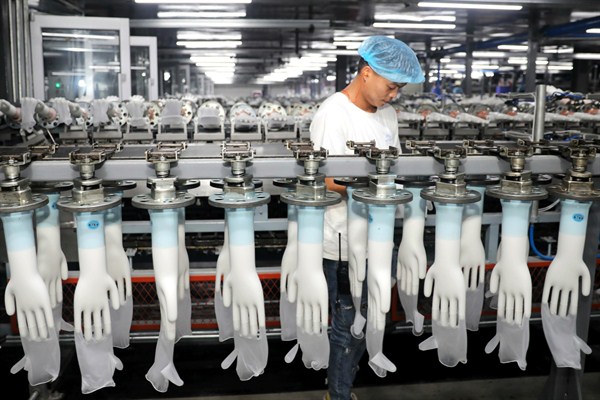Trade is way down on the list of priorities in a public health crisis, but it is still important to make sure that policies don’t actually make the situation worse. In the case of the coronavirus pandemic, a number of governments are, unfortunately, doing just that.
Many countries, for example, are shortsightedly enacting export bans on critical medical supplies and worsening shortages in places that may have the greatest need, like Italy. In the United States, President Donald Trump’s trade policies seem to be on autopilot, with tariffs continuing more or less as before, even though those tariffs are complicating the response to the pandemic and threatening to undermine a future economic recovery. The export bans are dangerous, if understandable in the current environment. But the Trump administration’s actions are difficult to fathom on even narrow political grounds.
As COVID-19 has spread around the world and the number of new infections has outpaced the capacity of health systems to respond, roughly two dozen countries—including China, Russia and Turkey, plus the members of the European Union—restricted exports of protective gear such as masks, gloves and goggles. Although the EU is supposed to be a single market with no internal barriers to trade, the Czech Republic, France and Germany took steps in early March to restrict exports of certain medical supplies, including to other EU member states. To mitigate the pressures for intra-bloc trade restrictions, EU authorities eventually authorized member states to restrict exports to the rest of the world. Germany responded by lifting a new requirement for government approval of exports of protective gear for fellow EU members, but not for the rest of the world.

